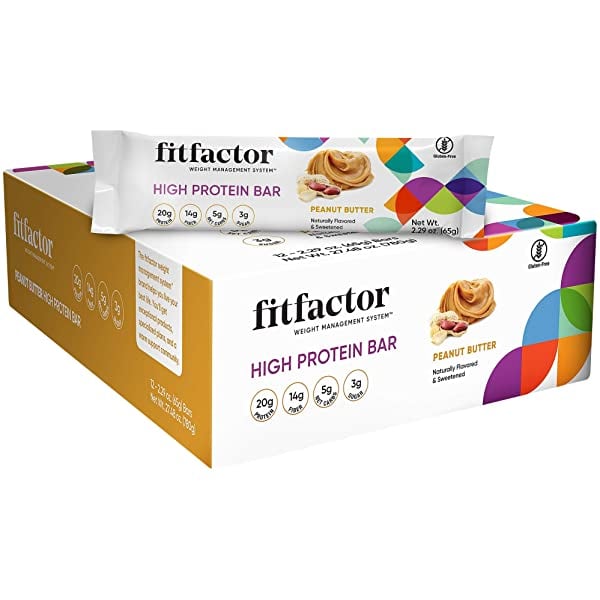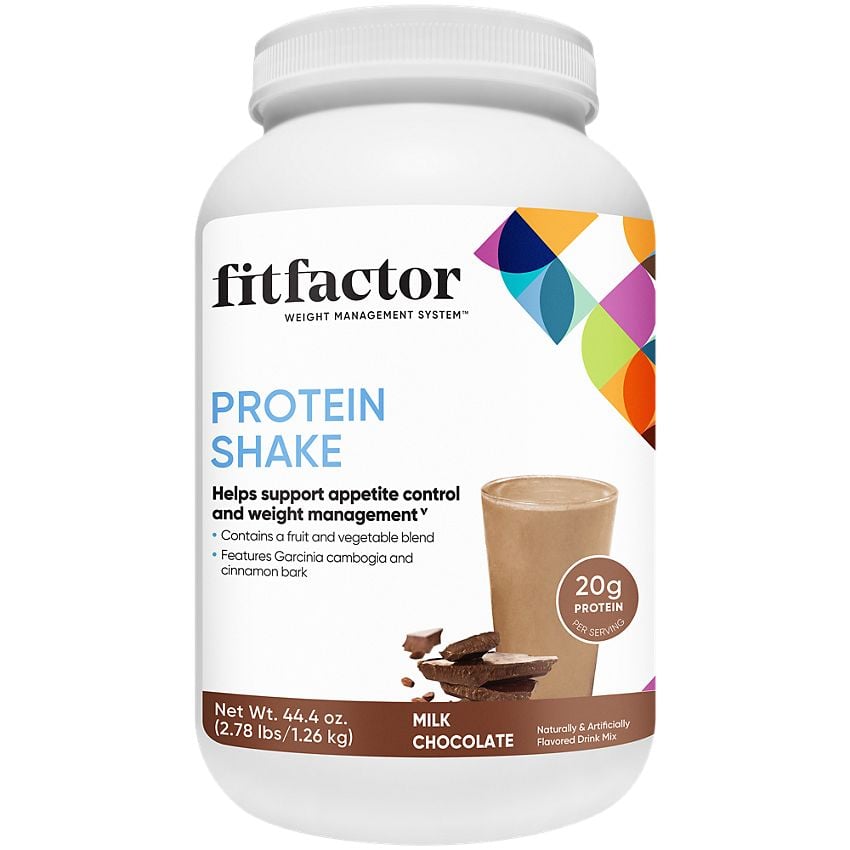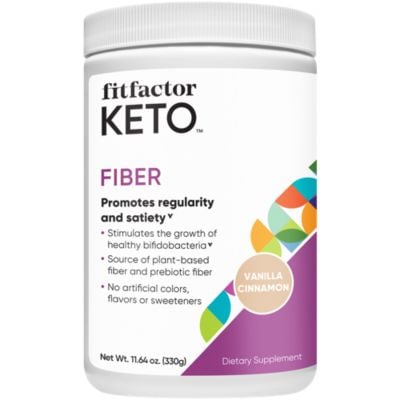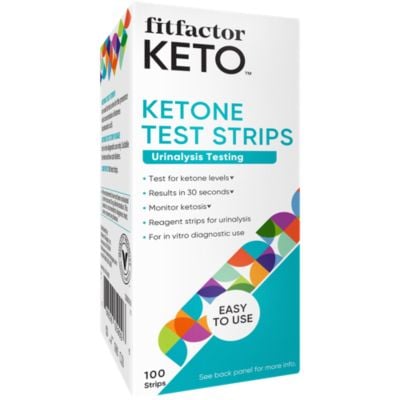
How to Pick the Right Diet Based On Your Health Goals
How to Match Your Health Goals to Your Ideal Diet, According to a Nutrition Coach

It's one thing to decide you're going to eat healthier — it's quite another to find a healthy eating plan that actually works for you and your lifestyle. Every fitness influencer and expert seems to have a different approach — one might cut out carbs entirely, while another extols the virtues of whole grains.
To say it's confusing would be an understatement. That's why we tapped certified personal trainer and holistic health coach Taylor Walker Sinning for advice. Taylor knows a thing or two about the health and wellness industry: after starting out as a professional dancer, she became a fitness model, workout instructor, and now a health coach. Read on to get her take on four of the most popular diets of the moment — and the healthy snacks and essentials that she recommends for each option.
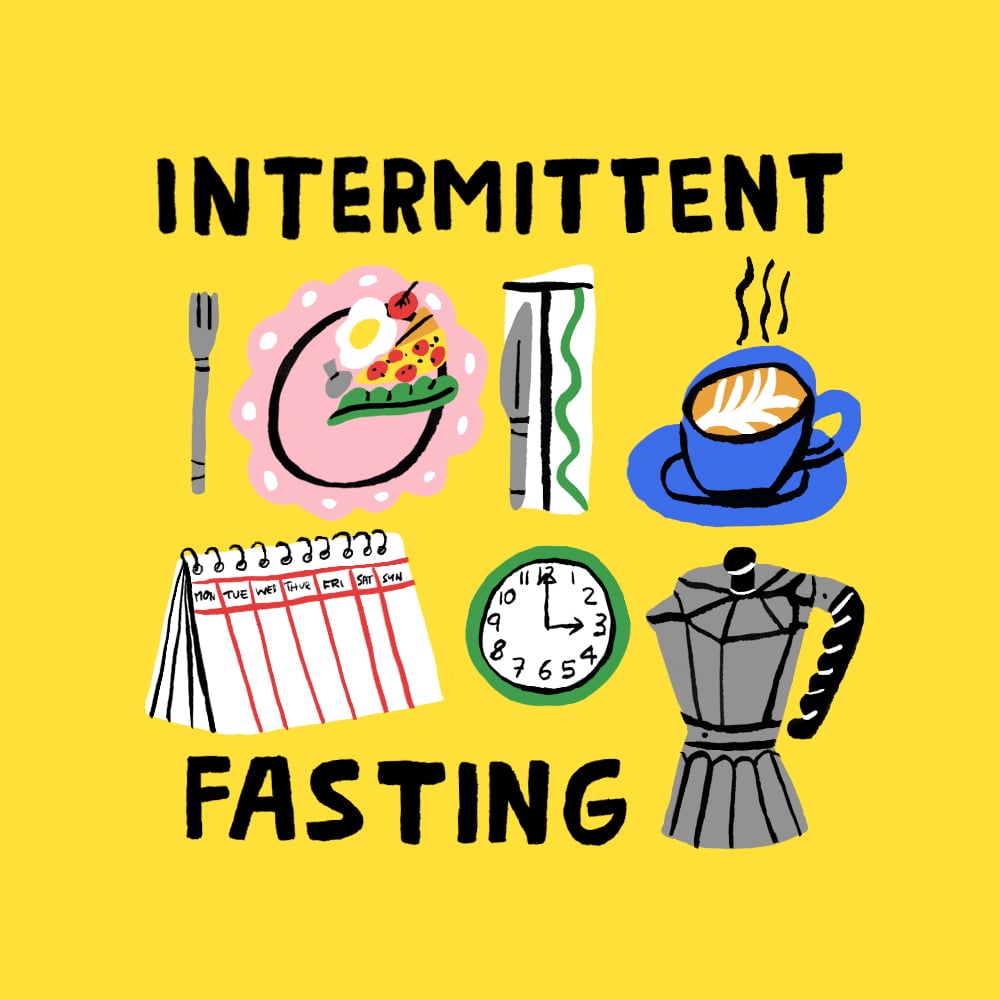
Intermittent fasting continues to climb the list as one of the most popular diets. Unlike other eating plans, intermittent fasting doesn't restrict you to certain foods. Instead, intermittent fasters consume all of their daily meals during a specific window of time — most commonly, on what's known as the 16/8 schedule.
"You consume all of your daily calories within an eight-hour window and fast the additional 16 hours, consuming only water, black coffee, or zero-calorie beverages," Sinning explained. "Because this is a diet based on caloric restriction, intermittent fasting is a particularly helpful tool for weight loss. It can be great for healthy individuals who thrive with structure."
That said, intermittent fasting isn't for everyone. Sinning noted that this eating plan can feel restrictive, especially if you live a particularly active lifestyle. Going without food for long periods for time can also put more stress on the body than eating several meals spaced throughout the day.
If you do decide to try intermittent fasting, Sinning said it's important to ensure you get plenty of protein. "Every tissue in your body is composed of protein, from muscles, to organs, to hair and skin," Sinning said. Since protein also helps you feel full and satisfied, Sinning recommended eating high-protein bars or drinking a protein shake that contains vitamins and minerals during your meal window to keep you energized through your fast.
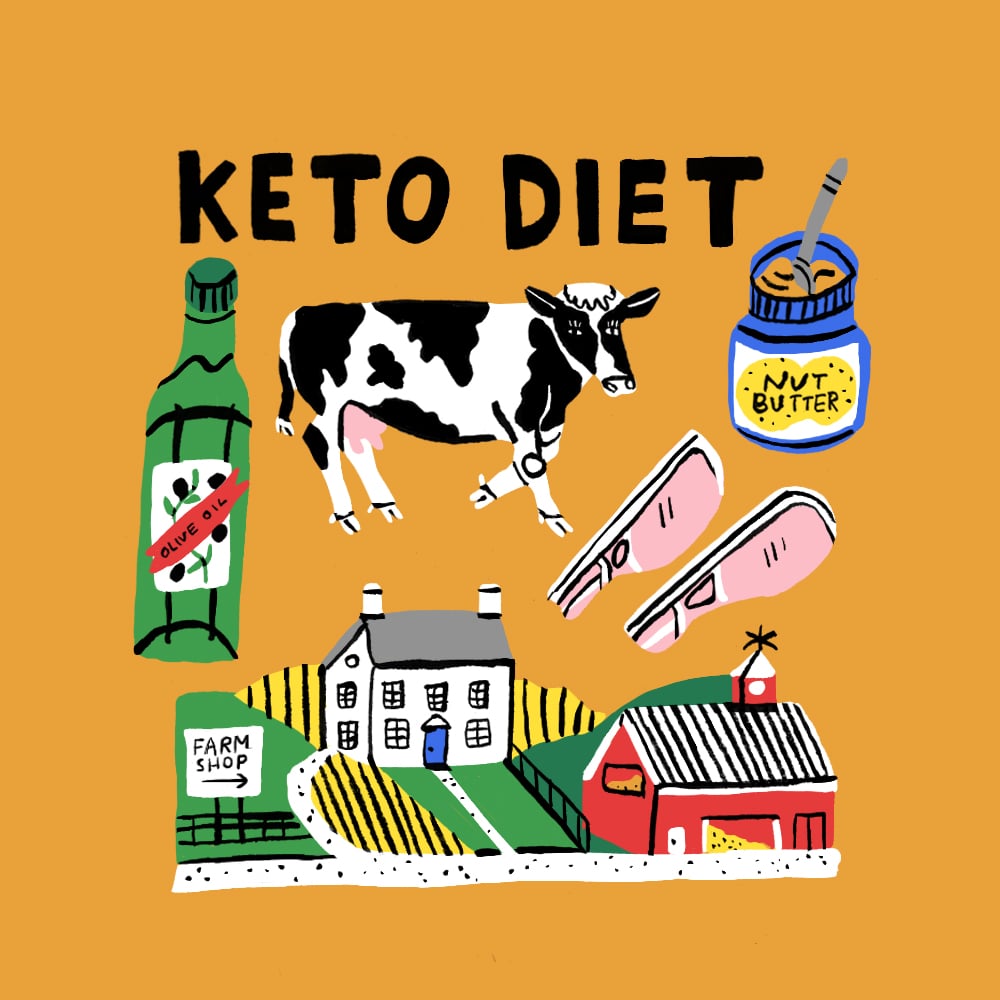
Odds are, you know someone who has tried the keto diet. Though it was originally developed for epileptic patients, this low-carb, high-fat diet has gained tons of followers in the last few years. "This diet will drastically reduce your intake of carbs and replace them with fat," Sinning said. "This swap forces your body into a state of ketosis where your body becomes efficient at burning fat for energy instead of carbs."
Sinning also explained that for many people, "weight loss is a major goal in switching over to a keto diet. What happens is your body uses the body's glycogen stores for energy before turning to fat for energy."
A big part of the appeal of the keto diet is that you can continue to eat foods that may be off limits on other healthy eating plans, like bacon and butter. However, you'll also have to give up many carb-heavy foods like bread, pasta, and even some fruits. Sinning also said that "generally speaking, you have to stick to the keto diet long-term. When you stop the diet, you tend to gain the weight immediately back."
Keto eaters should also pay careful attention to cholesterol, as this diet tends to be high in saturated fat. Sinning said that consuming excess protein can also put strain on your kidneys, cause constipation, and even leach calcium from your bones. Talk to your doctor before starting the keto diet to make sure it's right for you, and if you do decide to try it, Sinning recommended drinking keto-friendly fiber to support healthy digestion. She also said you'll need to use ketone test strips to check whether your body has entered ketosis.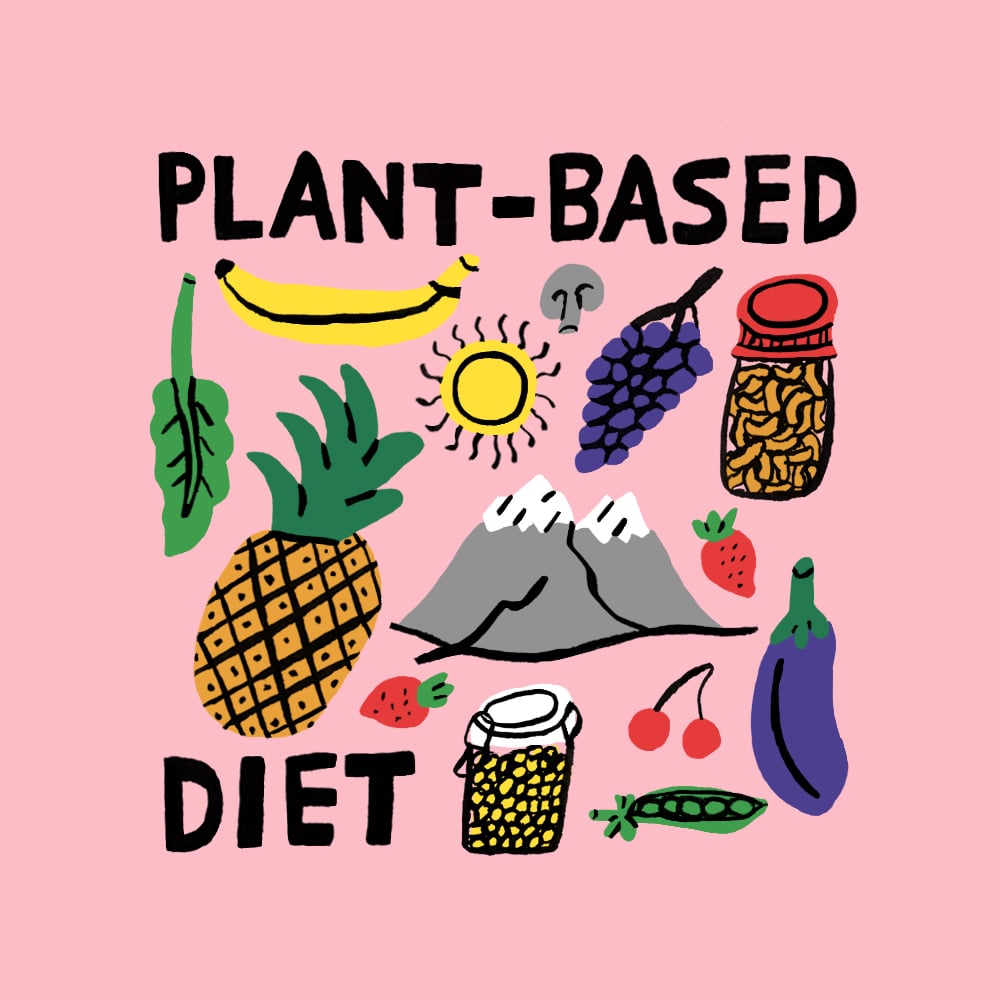
While the keto diet typically includes lots of meat and dairy, plant-based diets require you to give up animal products. "Going plant-based means that you eat a majority or all of your meals and snacks from plant-based sources including whole grains, complex carbohydrates, fruits, vegetables, legumes, nuts, and seeds," Sinning said. "Both vegetarian and vegan are considered plant-based lifestyles."
While some people choose to go plant-based for ethical reasons, others are tempted by its wide variety of health benefits. Because plant-based diets are often high in fiber, this diet is helpful for both weight loss and weight management, Sinning explained. Eating a plant-based diet also comes with a lower risk of heart disease, diabetes, and even some cancers.
The biggest challenge? Getting plenty of protein while eating plant-based. "Although all plants have protein and all the essential amino acids, it is important to eat a wide variety of plant-based sources to ensure you hit your protein needs," Sinning said. "Adding a clean plant-based protein powder to anything from oatmeal to smoothies to plant-based treats can help you hit your daily needs."
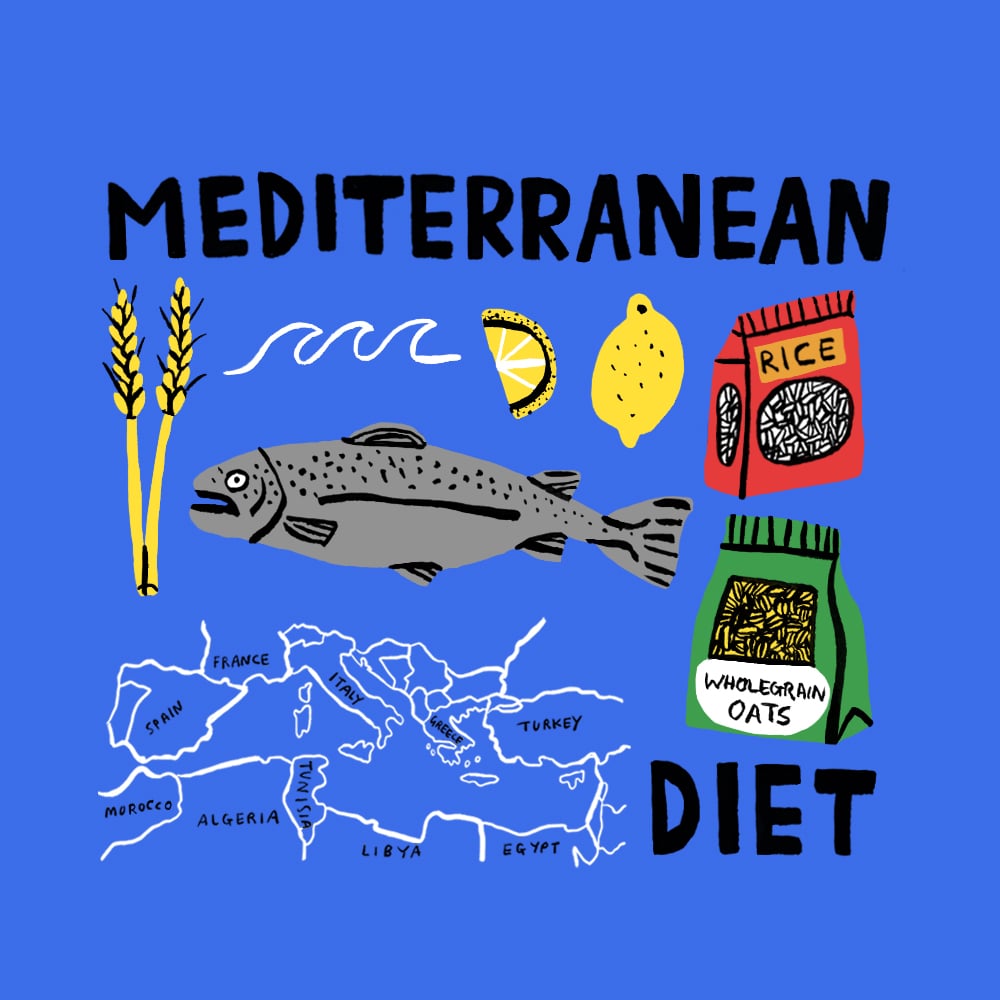
The Mediterranean diet certainly isn't new: experts have been touting the health benefits of the traditional eating patterns of Greece, Italy, and other Mediterranean cultures for decades. The Mediterranean diet's staying power might come from how well rounded it is, Sinning explained. "It isn't really a diet as much as a lifestyle that places emphasis on fruits, vegetables, legumes, and whole grains," she said. "What it excludes are refined carbohydrates, highly processed foods, sugar-filled beverages, saturated fats, and processed meats."
Because the Mediterranean diet emphasizes a variety of healthy foods, it can help you manage your weight in addition to decreasing your risk of chronic diseases, such as obesity and heart disease. Sinning said it can also improve cognitive function and regulate blood-sugar stability.
Of course, there are a few drawbacks. Sugary snacks and refined carbohydrates are off the menu, meaning you'll have to avoid your favorite pizza, cookies, or cakes. Instead, Sinning recommended mixing up a shake with dessert-flavored protein powder. The combination of protein and dietary fiber with a deliciously sweet flavor will help satisfy your cravings.
Furthermore, Sinning said that the Mediterranean diet's flexibility can actually be a downside for some people: if you're someone who craves structure, you might want to work with a nutritionist or registered dietitian to create a more specific meal plan. Of course, it's also important to talk to your doctor before starting any new diet or eating plan to make sure it's right for you.
Illustrations: Lucy Kirk
